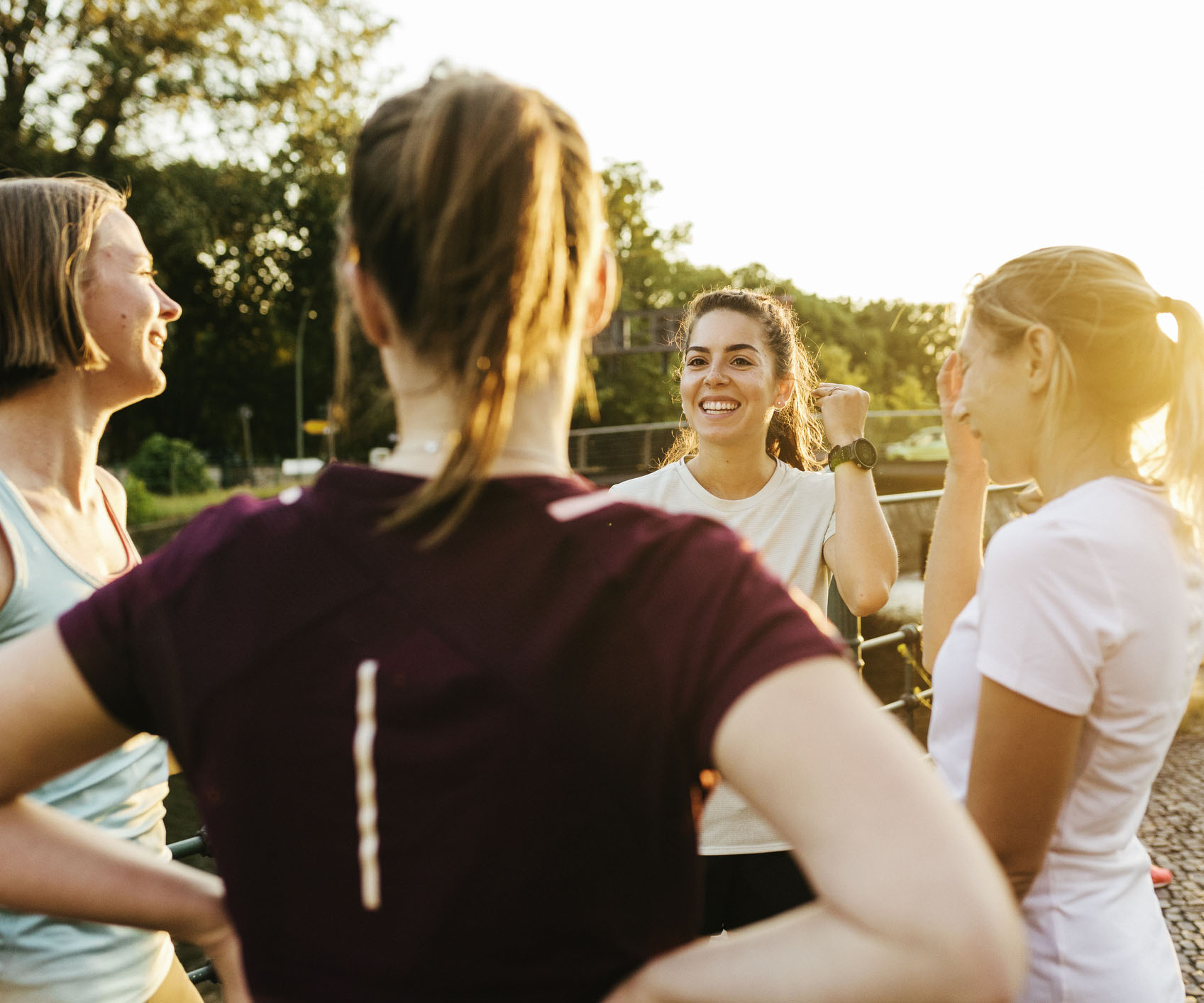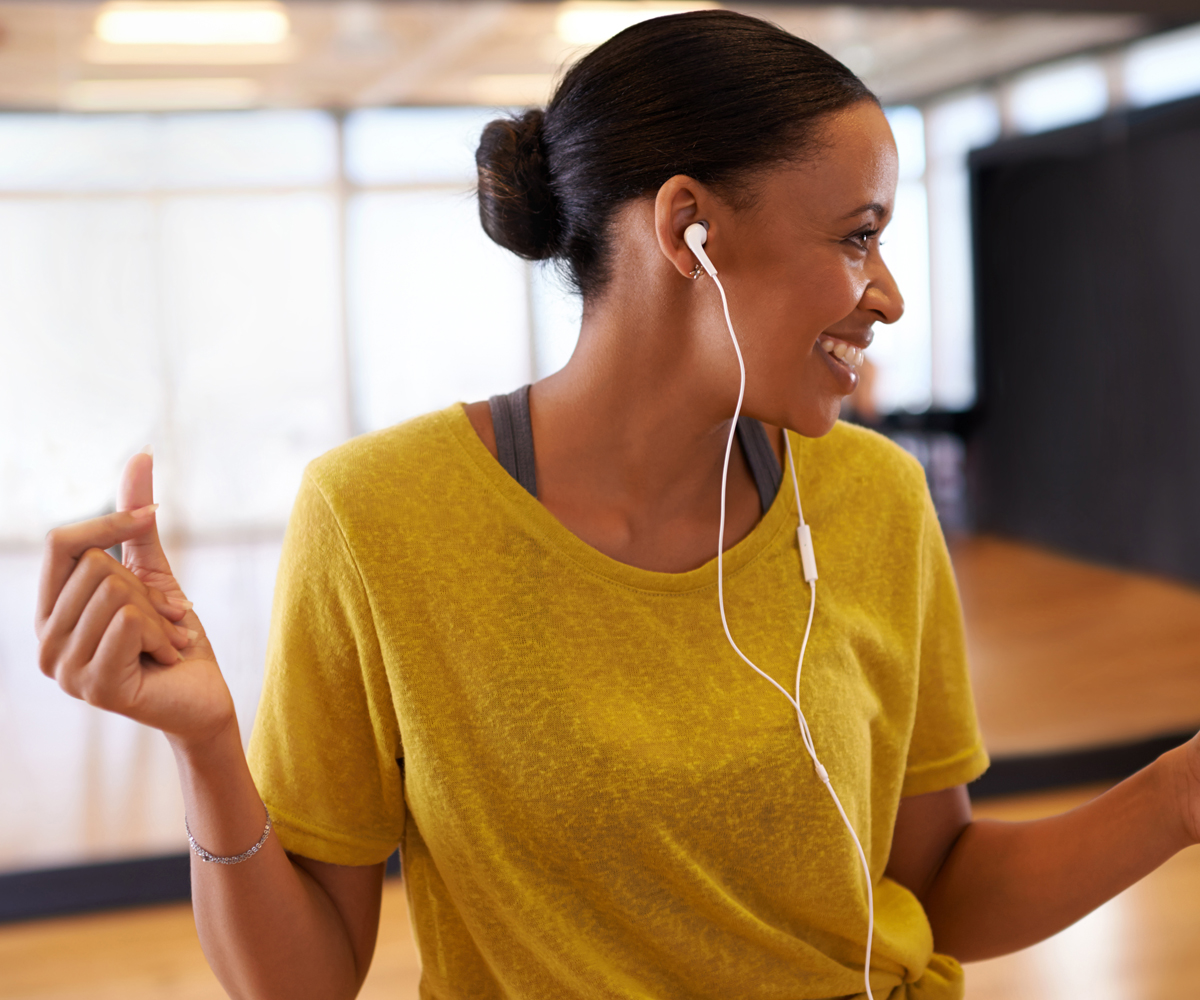If ever there was a good reason for choosing a lie-in over getting up for that early-morning run, here it is… Two new international studies suggest that our inbuilt body clocks, or circadian clocks, affect how well our bodies respond to exercise – so there really are “better” times of day to exercise than others, and most of the research points towards the evening being the best time of day. Of course that all depends on whether you’re a morning person or a night owl, though.
The two papers appeared in the journal Cell Metabolism and involved monitoring mice as they ran at different intensities on treadmills at different times of day.
The first study found the mice performed substantially better at the end of their active phase, which is their equivalent of our evening. (Mice are nocturnal so the researchers looked at active and resting phases rather than the time on the clock.) The researchers also studied 12 humans and found similar effects.
The second study looked at mouse muscle tissue and metabolism response to exercise, and found the exercise was most beneficial during the mouse ‘late morning’ compared to the ‘evening’, but the same effect was not seen in humans.
Overall, the studies suggested it might be more productive to work out in the evening, but as human lifestyles are more complicated than mice, this may also depend on whether you’re a morning or night person, the researchers say.

The first study, conducted by the Weizmann Institute of Science, involved putting mice on treadmills at different times of day within their active phase. Researchers examined the exercise capacity of mice upon different exercise intensities and regimens and found that overall exercise performance was substantially better (about 50 per cent on average and more in some protocols) in the “mouse evening” (toward the end of their active time) compared to the morning hours.
The researchers also studied 12 humans and found similar effects. Overall, the people in the study had lower oxygen consumption while exercising in the evening compared with the morning; this translated to better exercise efficiency.
The second study, conducted by the Center for Epigenetics and Metabolism at the University of California, Irvine, also put mice on treadmills, but they had a different approach which highlighted changes in the mice’s muscle tissue that occurred in response to exercise. This allowed them to look at processes like glycolysis (which contributes to sugar metabolism and energy production) and lipid oxidation (fat burning).
They found that a protein called hypoxia-inducible factor 1-alpha (HIF-1α) plays an important role and that it is activated by exercise in different ways depending on the time of day. This was a new finding.
“Until now we didn’t know that HIF-1α levels fluctuate based on the time of day,” senior author of the study Paolo Sassone-Corsi says.
Sassone-Corsi’s team’s study showed that exercise seemed to have the most beneficial impact on the metabolism at the beginning of the active phase (equivalent to late morning in humans) compared with the resting phase (evening).
But applying the findings to humans is not straightforward, because humans have more variation in their chronotypes (the propensity to sleep at a particular time during a 24-hour period) than mice living in a lab.
“You may be a morning person, or you may be a night person, and those things have to be taken into account,” Sassone-Corsi says.
As we are getting to understand our body clocks better, we now also know that understanding your own biorhythms can help you to sleep better. School and work start times are not ideal for many of us, for example, and when people permanently go against their natural sleeping and waking rhythms they become more susceptible to organ diseases.


